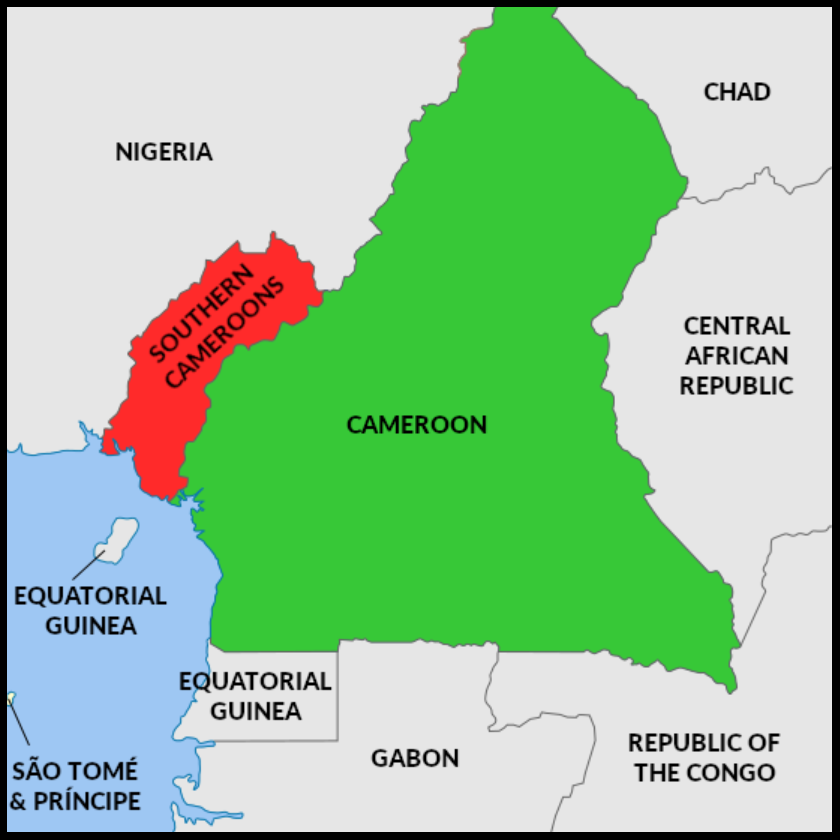(Buea-Cameroon) Recently, two conflict regions in Sudan, following a peace talk in neighbouring South Sudan, were granted a ‘Special Status’.
The status given to the Blue Nile and South Kordofan Regions is aimed at ending the long-standing conflict in the regions.
The fallout of the latest deal, according to Africanews, covers key issues around land, giving local authorities the right to make their own laws, power-sharing, and the creation of a unified national army.
The treaty further addressed the legislature for the two areas and gave them the chance to make their laws and to regulate local issues.
It took four weeks for the Sudan Transitional Council and different factions of the rebel groups to reach this deal.
Middle East Eye added that the agreement will also include the granting of equal citizenship rights to all citizens, and the adoption of local languages as a National Language, in a move towards reconciling the different groups.
[myAds]
However, more details on what was agreed regarding power-sharing and local autonomy were not immediately available, according to Africanews.
Finally, the document also states that the two sides would work towards finalising a permanent ceasefire and the creation of a commission that looks into disarmament, demobilisation, and reintegration (DDR).
How Similar To Anglophone Cameroon Case?
The case of the disputed regions in Sudan, compared to Cameroon, is a little different, apart from the fact that Cameroon is an officially bilingual country with two different legal and educational systems.
Issues of marginalisation and second-class citizenship were not different from the problems the people of South Kordofan and the Blue Nile in Sudan had long been fighting against.
The conflict, starting from the Darfur area in 2003 that led to the killing of 1.5 million and also in the western regions of Darfur that has driven away two million people from their homes and killed more than 200,000, according to the BBC, will likely happen similarly in the two Anglophone Regions in Cameroon.
The Sudan regions are rich in resources but regional development is not being reflected in their own part, which is seemingly what the Anglophone Crisis is all about.
Rebel factions as a result of the aforementioned, emerged to fight for better standards of living with some calling for outright independence which is what we have been witnessing in Cameroon for the past three to four years.
Despite the lives that have been lost in the two regions in the North-east Africa country, the two parties remain hopeful that this deal will find long-lasting peace in the two regions.
What Lessons For Cameroon
President Paul Biya convened the Major National Dialogue which was a good initiative, but how it was done is what is wrong.
[myAds]
Like Sudan, Cameroon should accept the Swiss-led mediation. The Sudan peace deal was signed in a neutral terrain, South Sudan.
The dialogue in Yaoundé lacked international components in resolving a conflict of this magnitude in the English-speaking Regions.
During the MND in Yaoundé, the Separatists were not represented, which was already the beginning of failure.
Going by the pacific conflict resolution, Cameroon, through the diplomatic procedure, and considering that the negotiation in Yaoundé is a failure, is supposed to follow: good office, mediation, inquiry, and consolidation. When all these have failed, then, she can now apply the adjudicative means which is Arbitration and International Court of Justice.
The fact that Chief Dr Joseph Dion Ngute, Chairman of the Dialogue, was selecting his own people to invite was already problematic. Though Separatists were invited, there were no guarantees for their safety.
Moreover, coming out with a Special Status whose content was decided by one person, Paul Biya, was tricky.
Like Sudan, Paul Biya should have allowed the Anglophone Regions to make their own laws while he calls for a unified army with the Separatists.
By deciding for them what their own Special Status should be, makes some people see it as a waste of time.
The time limit, one week in Yaoundé, was too small for a conflict that has gone for three years to be resolved. That of Sudan took weeks.
If the Anglophones were allowed to genuinely decide the content of the Special Status, this crisis would have long stopped, because, the crisis started as a result of the absence of equal opportunities.
In the content of the Anglophone Special Status, the creation of regional houses and houses of chiefs, plus scrapping the position of Government Delegates, has not satisfied the aspirations of the people.
The international system is about power and control of resources. By allowing Governors and DOs with much power will not solve the crisis in any way.
If the Government of Cameroon is willing to resolve the Anglophone Crisis, there is still time to right the wrongs.
[myAds]
